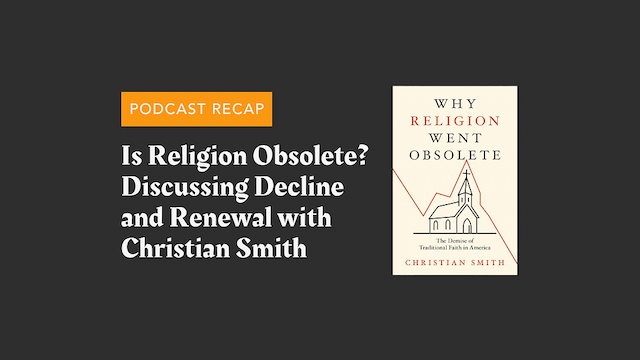Podcast Revelation Questions 4: What About the Rapture?


Check out the So We Speak podcast on Apple Podcasts or Spotify.
Why Would Jesus Leave His Church on Earth?
This question is more directly asking about a Pre-Tribulation rapture. What sense does it make for the church to be on earth during the Great Tribulation?
This question assumes a futuristic view of Revelation (check out this podcast article for an overview of the four main views of Revelation). It is a popular understanding among futurist viewpoints that believers will be raptured (taken up) into heaven before God’s wrath is fully poured out on the earth. This is believed to happen in Revelation 4.
From a Post-Tribulation rapture viewpoint, another good question to ask is, “Why might God leave believers on the earth during the Great Tribulation?” The answer is that those believers will share the gospel with unbelievers and act as life preservers for the saving of their souls.
Is 2 Thessalonians 2 a Rebuttal to a Pre-Tribulation Rapture?
This chapter describes Christ coming and admonishing believers not to be fearful of missing Christ’s coming.
This passage indicates that Christ will come back after the “Man of lawlessness” (the antichrist). Doesn’t this indicate Christ’s return after the Tribulation and not before?
In the Pre-Tribulation view, the first coming of Christ is to rapture the Christians, and the second coming is to judge unbelievers. According to 2 Thessalonians 2, Christ only comes once. And this is the essence of the disagreement between the Post-Tribulation and Pre-Tribulation rapture views. It asks a better question of, “Is the rapture a separate event from the judgment of Christ?” This chapter would say they are the same event.
For more information, listen to the 1 Thessalonians and 2 Thessalonians book overviews.
Near Death Experiences?
Is this what happened to John? Should Christians view these experiences as legitimate?
John does not claim he went to heaven and saw Jesus. John says that he was in the Spirit on the Lord’s Day (see Revelation 1:10), meaning that the Spirit showed John these things. In Chapter four, John reiterates that the Spirit is showing him these visions. This is different from individuals who claim they went to heaven after their physical bodies died and returned to their bodies.
Secondly, John is writing an inspired revelation from God. This is not the same as a near-death experience. Whatever happens in these experiences, they are not on equal playing ground with the directly inspired words of God. These stories might be encouraging to the extent that they agree with the Bible. To the extent they do not agree with Scripture, they should be disregarded. Scripture has the final authority in God’s revelation.
How Do We Know John Had These Visions, and Did He Make Them Up?
Do we know John had these visions and were their witnesses? Technically nobody else saw what John saw. John was commanded to write it down and share it with the churches. This is what the early church believed.
Did John make these visions up? These visions are informed by Ezekiel and Isaiah and Revelation uses some of the imagery from these two books. However, these visions were not made up just based on what John would have known from Isaiah and Ezekiel. The imagery of Isaiah and Ezekiel serves to confirm the validity of these visions as being from God. These visions also came extremely early in church history, which further confirms the validity of these visions.
Follow the Revelation series from Crossings Community Church!
Brittany Proffitt lives in Dallas and is a writer and content manager for So We Speak.











